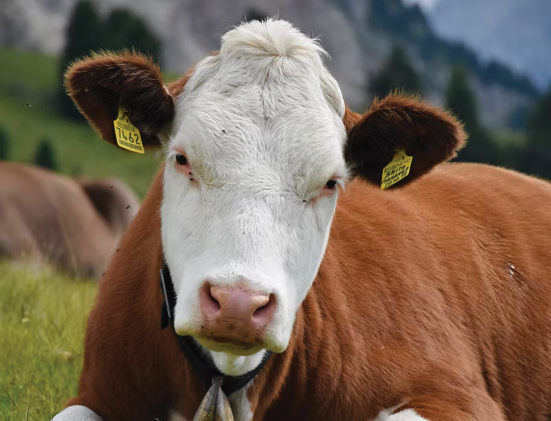Prevent foot and mouth disease
Prevent foot and mouth disease SiboneloThe Western Cape Department of Agriculture has urged farmers to be careful when buying livestock, due to recent outbreaks of foot and mouth disease in five provinces.
 There is a high risk of spreading foot and mouth disease across the country, by moving cattle and other cloven-hoofed animals, following outbreaks of the disease in KwaZulu-Natal, Limpopo, North West, Gauteng and the Free State.
There is a high risk of spreading foot and mouth disease across the country, by moving cattle and other cloven-hoofed animals, following outbreaks of the disease in KwaZulu-Natal, Limpopo, North West, Gauteng and the Free State.
According to Western Cape Department of Agriculture State Veterinarian Dr Vivien Malan, animals can spread foot and mouth disease before they show any signs of disease as it can take two weeks for symptoms to show.
Agriculture, Land Reform and Rural Development Minister Thoko Didiza says ooperation from all stakeholders in the sector is necessary to control the outbreaks of foot and mouth disease.
“It is important that everyone commits and respects all imposed control measures and collectively find a sustainable solution,” Minister Didiza said.
What is foot and mouth disease?
Foot and mouth disease is a severe, highly contagious viral disease that affects livestock such as cattle, pigs, sheep and goats.
The virus is found in animals’ body fluids, including saliva, urine, faeces and milk; and in the air when released by dead animals. Animals get the disease by eating contaminated food or by breathing in the virus.
People can also spread the virus, as it can get onto their clothing, shoes, hands, equipment and vehicle tyres.
Animals that have foot and mouth disease get blisters and sores in their mouth and on their feet. This makes it difficult for them to eat and walk, and often causes drooling.
Farmers then lose money because their animals lose weight, do not grow and produce less milk. Young calves could also die.
Prevent foot and mouth disease
To protect livestock and prevent foot and mouth disease, farmers should:
- Not buy animals if you do not know their origin.
- Only buy from owners with known healthy animals. Ask the seller for a health certificate from a vet.
- Monitor livestock for signs of disease, for two weeks, before mixing them with the rest of your herd.
- Not allow your animals to have contact with other people’s animals.
- Not allow unnecessary visitors onto your farm.
- Disinfect hands, shoes, clothing, vehicles and equipment when entering your farm and when interacting with other animals on your farm.
- Report signs of disease to your local state or private vet immediately.
- Not move or sell sick animals.
Additional reporting by the Western Cape Department of Agriculture.
Contact details for provincial veterinary services are available at https://www.dalrrd.gov.za/Branches/Agricultural-Production-Health-Food-…